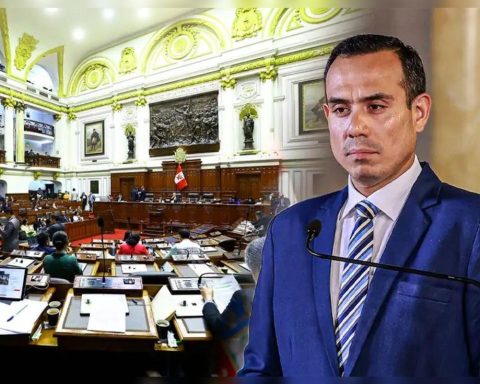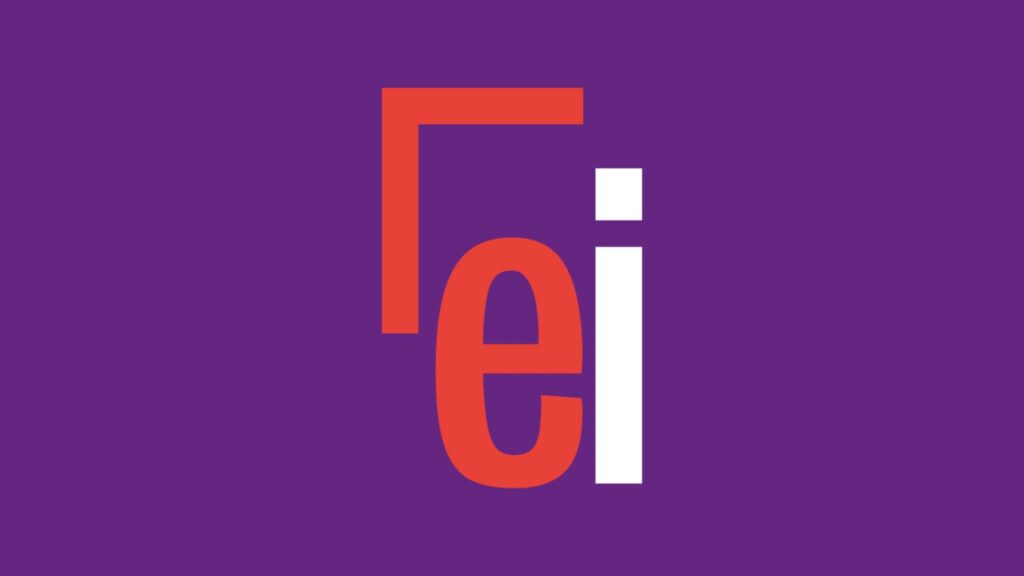A few days ago the Sunat published Report No. 0044-2022, in which it concluded that the commercial income of influencers is business income for purposes of paying Income Tax (IR), including income from “independent work” that is complemented or complement services that qualify as commercial.
For Sunat, explains Luis Miguel Sánchez, an associate at Miranda & Amado, the service provided by a influencer it implies the exploitation of capital and labor in order to have profits through a business, which would be different and, possibly, greater than those that would flow only “from capital or labor”. Thus, being business, the net income of the influencers would be subject to an IR rate of 29.5% (corresponding to third category income), and must comply with the other formal obligations that a company has, such as keeping accounting books and records and/or declaring monthly and annual taxes, among others, details.
It adds that, although the report does not mention it, whenever these services generate business income they would be subject to the General Sales Tax (IGV).
But should all the activities carried out by the influencer pay business income?
The tax lawyer considers that the conclusions of the Sunat cannot be transversal to all the activities for which he receives income from companies and/or users of social networks.
It specifies that, for example, activities in which the influencer to promote a specific product or service, they should qualify as generators of self-employment income, subject to cumulative progressive rates between 8% and 30%. On the other hand, activities for which you are paid solely for the use of your image, could qualify as royalties, subject to a 5% IR rate.
“Although their activities are carried out through social networks, this does not mean that they cease to qualify as an independent service provision or, in some cases, as the transfer of the right to use their image, assumptions that in no way generate business income. However, if the influencer has its own staff for its activity or performs it jointly with other influencers; and/or, had transferred his image rights to a company, it could not be ruled out that we are facing a business income”indicates.
case by case analysis
Likewise, it affirms that, although influencers use sophisticated technological goods to carry out their work – evidently with the aim of obtaining a profit by taking advantage of social networks – this cannot be interpreted per se as an exploitation of capital for the purpose of generating business income. . Strictly speaking, even when using their own equipment, the influencer is still a service provider in the form of content, and is oblivious to the income that such advertising could generate, adds the specialist.
“The taxation of influencers must be analyzed on a case-by-case basis, and it is not reasonable to apply the conclusion of the Sunat report in a generalized manner. Considering this would imply endorsing the complete distortion of the tax concept related to the provision of independent services by natural persons”, holds.
















